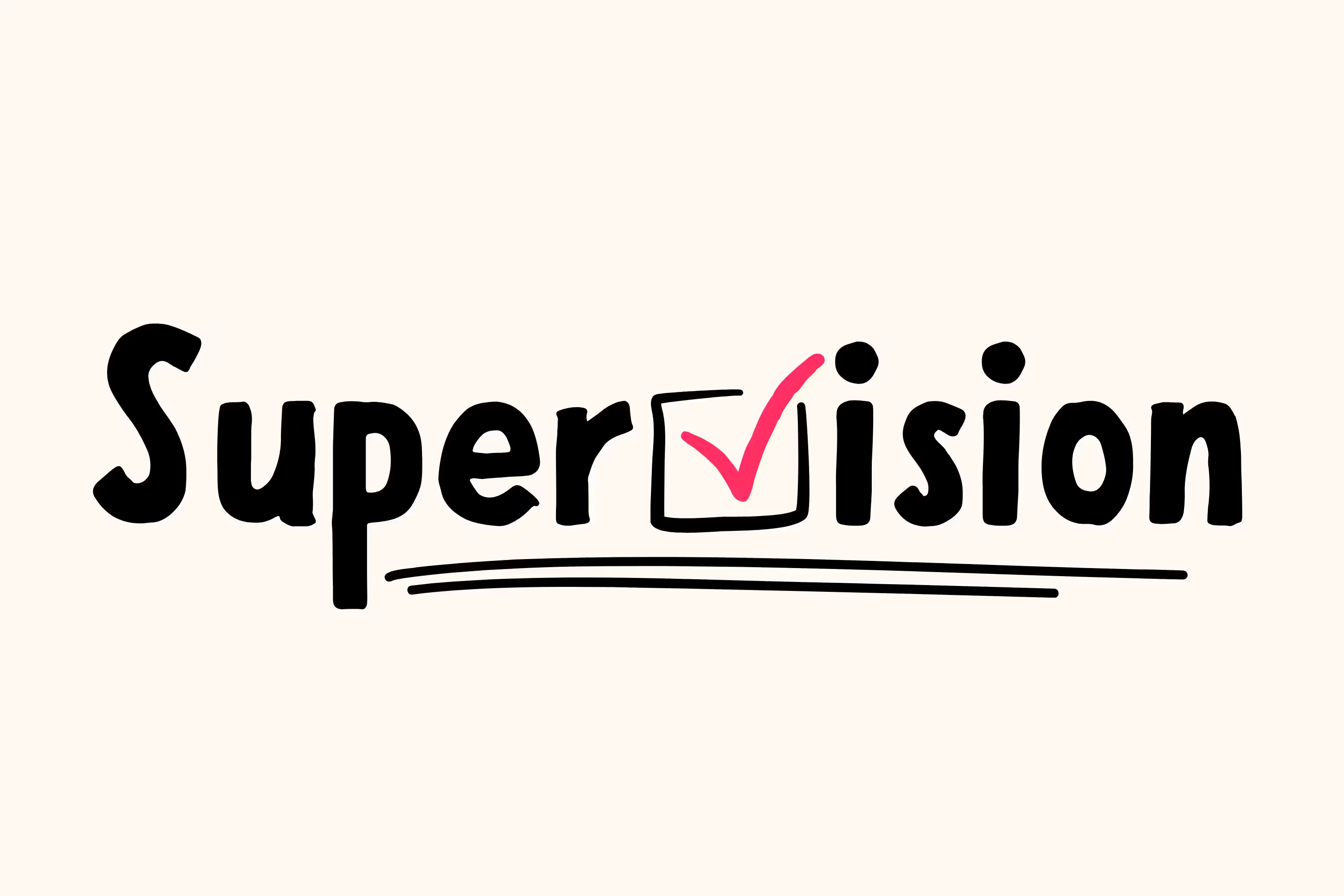Clinical supervision for graduate students and clinical fellows continually changes as our scope of practice grows and as the learning needs of students change. Current supervisees' needs differ from when we entered the field, and it’s important to modify our supervision practices to give them the tools they need to succeed. In this course, you will learn about different systems for breaking down clinical tasks and developing support materials for supervisees. It will also discuss how adult learning pedagogy and transparent assignment design can be applied in the context of clinical supervision. These systems and teaching methods provide structure and guidance for the supervisor to create tools and resources to improve graduate student performance on clinical tasks and develop independent critical thinking. The course will also review evidence-based feedback strategies that are effective independently or in conjunction with the methods and supports already introduced.




















